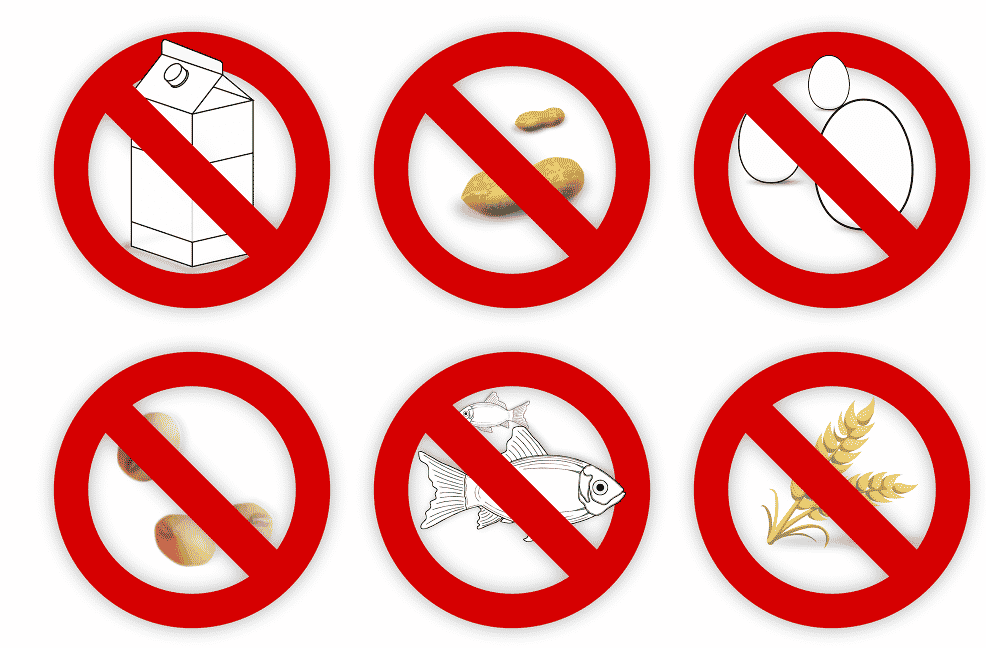NIH Says Those With Food Allergies Have Lower Risk of COVID Infection

The National Institutes of Health released a statement on June 1 that people with food allergies are less likely to be infected with the virus that causes COVID-19 infection than people without food allergies.
The statement relates to the Human Epidemiology and Response to SARS-CoV-2 study, conducted by researchers Tina Hartert, director of the Center for Asthma and Environmental Sciences Research, and Max Seibold, a professor of pediatrics in the Center for Genes, Environment, and Health at National Jewish Health in Denver, Colorado.
To conduct the study, the researchers monitored more than 4,000 people in nearly 1,400 households for SARS-CoV-2 infection between May 2020 and February 2021, prior to the widespread rollout of COVID-19 vaccines.
Half the participating children, teenagers and adults had self-reported food allergies, asthma, eczema or allergic rhinitis.
The participants received a nasal swab every two weeks to test for infection and filled out weekly surveys.
The investigation found that having a self-reported, physician-diagnosed food allergy cut the risk of infection in half, but asthma and other allergic conditions like eczema and allergic rhinitis were not associated with reduced infection risk.
For now, researchers speculate that this is because of a type 2 inflammation, a characteristic of allergic conditions, which may actually reduce levels of a protein called the ACE2 receptor on the surface of airway cells.
Since the virus that causes COVID-19 uses this receptor to enter cells, its scarcity could limit the virus’ ability to infect them, according to the release.
There are also differences in risk behaviors among people with food allergies, such as eating out at restaurants less often, which might also explain the lower risk of infection for this population.
Alexa can be reached at [email protected]

























